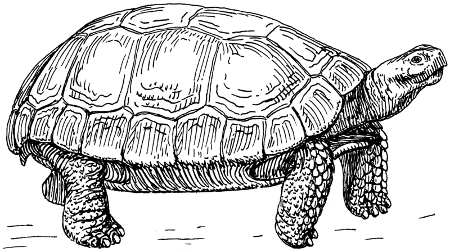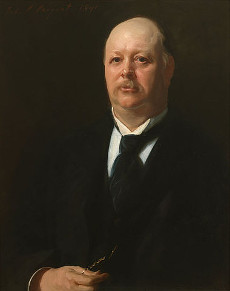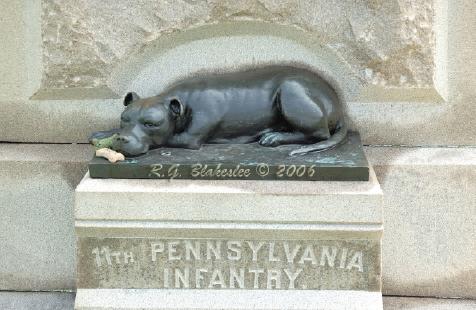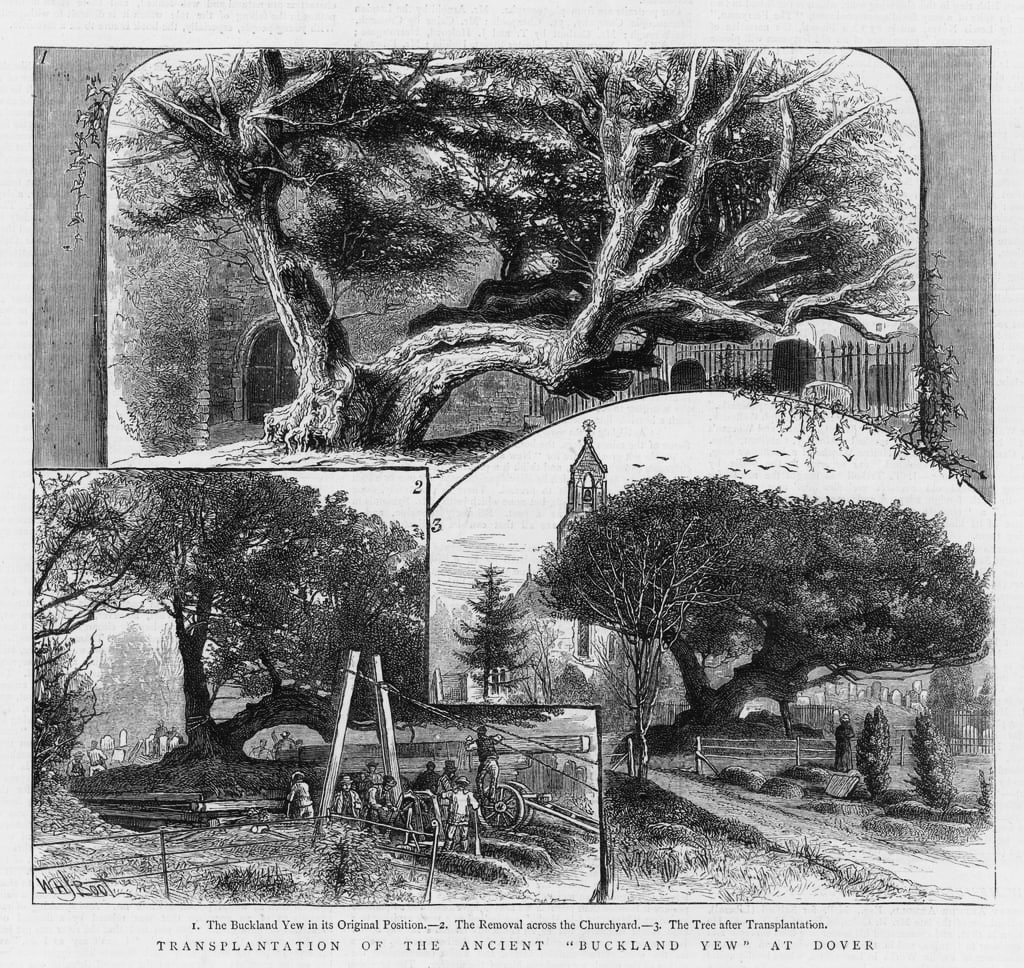
A fragment from Lewis Carroll, Nov. 22, 1874:
A. And thus your favourite paradox, my dear D., is finally disproved of, and Achilles and the Tortoise will walk off hand in hand. No argument of any sort can be maintained, which would prove him not to overtake it.
D. No mathematical argument, you mean; for, if you permit me a classical one, I will contend that the Tortoise was nothing but the “Testudo” of the ancients, a machine of common use in Sieges — that it was at that moment moving against the walls of Troy — and that the true reason why Achilles did not overtake it was simply that he was sulking in his tent and never went near it.
S. I beg to limit this discussion to mathematical argument.
D. Be it so. And the mathematical argument you dispose of, as I understand you, by the assertion that we find ourselves at last among indivisible distances and indivisible periods of time, and thus you propose to plunge us, however reluctant we may be to take the leap, into the dark abyss of the Inconceivable?
S. That is my solution of the paradox.
D. Granting, for argument’s sake, that the paradox is thus finally disposed of, let me ask you a question or two. These indivisible distances — are they equal, or unequal?
S. Am I bound to choose one or other of these categories?
D. I fear I can offer you no third.
S. Well then, as I do not clearly see what you are aiming at, I will, for the present, say “unequal,” reserving to myself however the right of substituting “equal” should I see reason to do so.
D. The privilege is an unusual one, but I will not object to your exercising it. Let them then be: unequal. Now take two of these unequal distances: lay them side by side, so as to coincide at one end: will they coincide at the other end also?
S. Surely not.
D. There will therefore be a difference between them: and this difference, being homogeneous with the things differing, will itself be a distance?
S. I cannot deny it.
D. Divisible, shall we say? Or indivisible?
S. (laughing) Indivisible, of course. You would not wish me to imagine a divisible distance less than an indivisible one?
D. You shall please yourself in that matter. Let me now add together these two lesser indivisible distances. Will their sum total be divisible or indivisible, think you?
S. (after a pause) It occurs to me that I would rather take the other horn of your dilemma, and say that these indivisible distances are all equal.
D. With all my heart. They shall now be all equal. And we will suppose that Achilles has just passed over one of the indivisible distances. What time would you say that he occupied in doing so?
S. An indivisible time, clearly.
D. But the Tortoise had previously passed over the same indivisible distance: how long do you suppose he took to do it?
S. As he travelled at only half the pace of Achilles, it is evident that he required two of our indivisible periods of time.
D. No doubt. But now tell me — at the end of the first of these indivisible periods of time, where had the Tortoise got to?
S. I will trouble you to pass the wine. I think I should like another half-glass of sherry.






